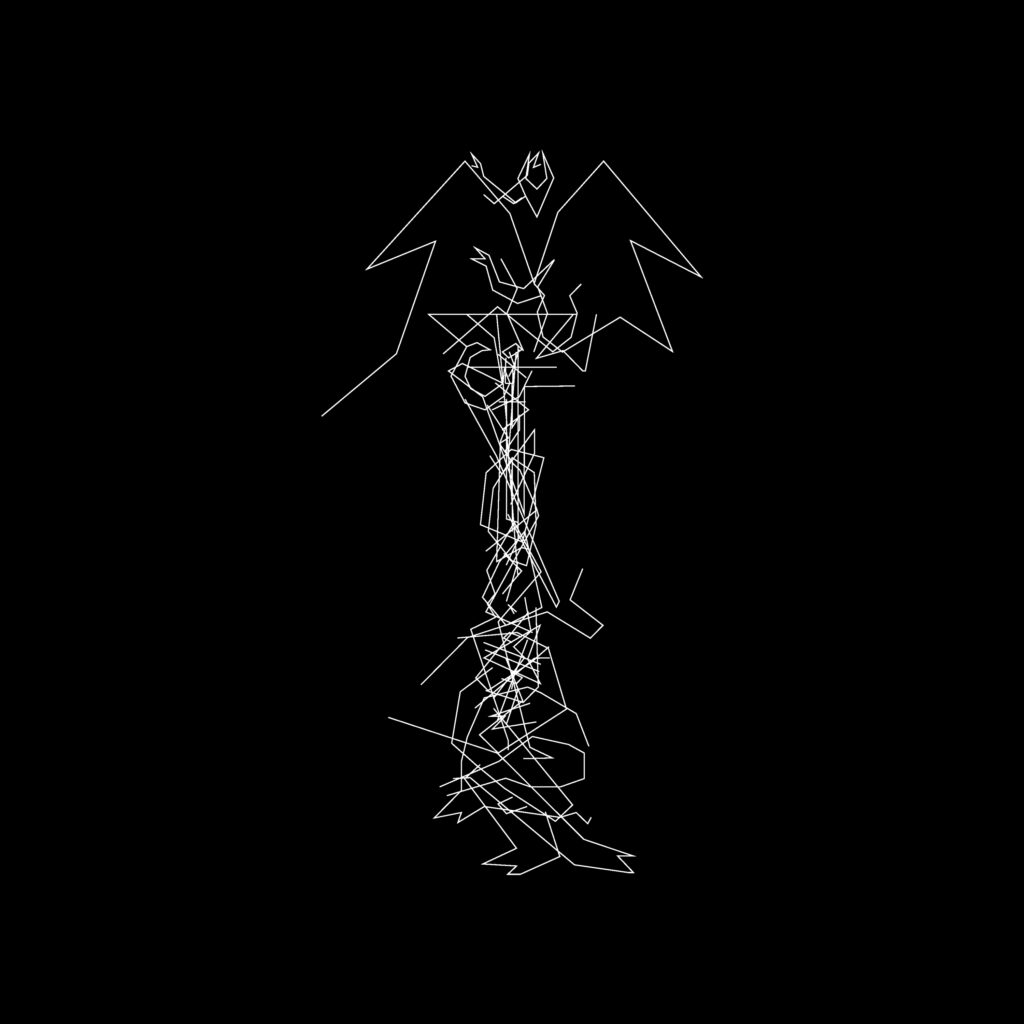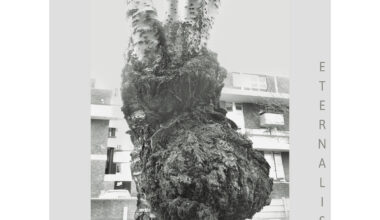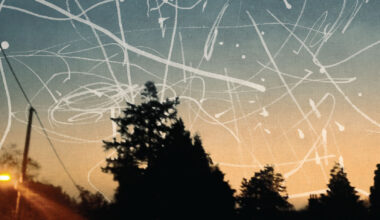Experimental composer dials up the fear factor for his most ambitious album yet

Brooklyn-based Daniel Lopatin, owner of the Software label and all-round experimental dude, derives his recording alias from WMJX 106.7, Boston’s adult contemporary station. Which is about the last place on earth he can expect to hear his own music. If Oneohtrix is a radio station, then ‘Garden Of Delete’, his seventh album and the second for Warp, is a mangled transmission, one that begins with jabbering goblin noises and just gets weirder from there.
‘Garden Of Delete’ is a confrontational record that challenges the listener throughout its duration, constantly teasing and feinting, baiting and daring. It doubles down on the more “difficult” aspects of Lopatin’s sound – sensory overload, aggressive synth barrages, harshly distorted vocals – and relegates all that soft ambient droney vaporwave stuff to the background.
Early teaser ‘I Bite Through It’ is one of the more immediate tracks. Coming on like some sort of thrash metal/Zen garden hybrid, it takes the Pixies’ classic quiet/loud dynamic to terrifying extremes. There’s a particularly punishing section in the middle, with Lopatin providing brief moments of soft piano respite before submerging you again in the digital murk.
‘Mutant Standard’ is the epic eight-minute centrepiece. It starts off with a rubbery jackhammer riff and a muffled kick drum pattern – OPN goes techno, if you like. Suddenly there’s a major change up and now we’ve got Aphex Twin scoring the next Super Mario game. Five minutes in the track just goes full wacko, its ravey maximalism drawing heavily from fellow Warp artist Rustie. It’s an impressive composition, leaping about so rapidly between ideas – although this may not be to everyone’s taste. Not that Lopatin gives a damn. He’s clearly relishing the possibilities afforded him by this new direction.
That said, it’s a hard record to get your head around, and, to the extent that it’s “about” anything, I’m not sure I’ve understood it. But that’s all part of the appeal. In the past, Lopatin has been praised (and sometimes criticised) for making experimental music accessible or pleasurable. Experimental music doesn’t have to be either of these things, but neither does it have to not be them.
For all the abrasion, there are numerous surface pleasures to be had here, but rarely are they as easy or as beautiful as on OPN’s last couple of records, there’s too much disruption for that. But on a sound design level, Lopatin is streets ahead of the competition. So much of the enjoyment is about how these textures interact, how they play off each other. Admittedly, I sometimes find myself longing for more languid moments like the older ‘Chrome Country’ or ‘Music For Steamed Rocks’. But then he hits you over the head with the helium sea shanty of ‘Animals’ or the gothic R&B of ‘Freaky Eyes’, and resistance is futile…
‘Garden Of Delete’ is a puzzle, and one I don’t mind admitting to having trouble figuring out. Still, it comes highly recommended. I can think of few artists whose music achieves such extremes of beauty and terror.





